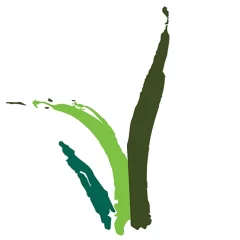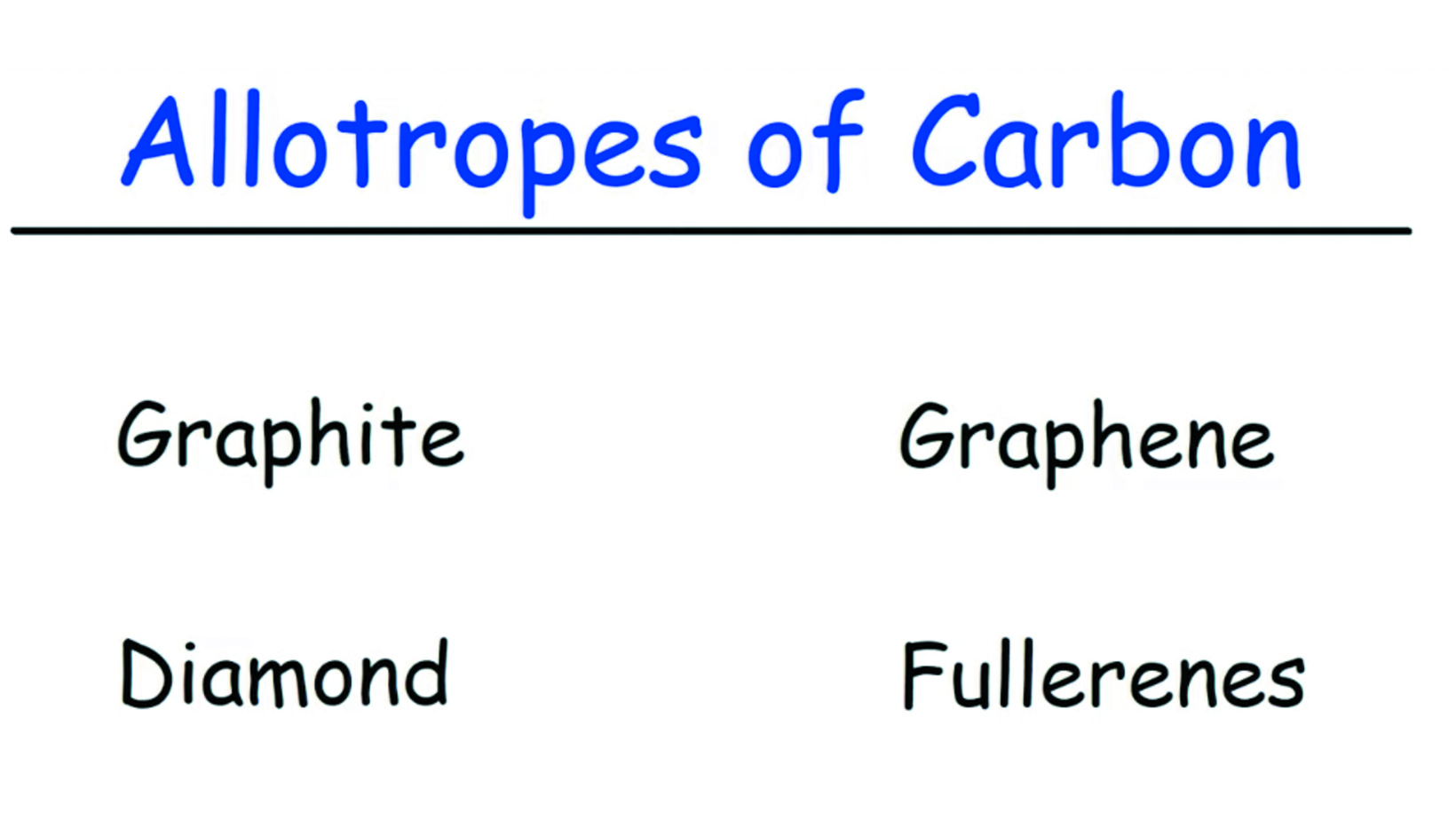
Category: All Articles
-

Mowing Grass
Read More: Mowing GrassMowing Grass In The Past When did the process of “mowing grass“, begin? The desire for beautiful lawns and gardens spread over hundreds of years from the privileged aristocracy to the general population. Here in America we know that George Washington kept Mt. Vernon well manicured by having plenty of sheep around. Thomas Jefferson did…
-
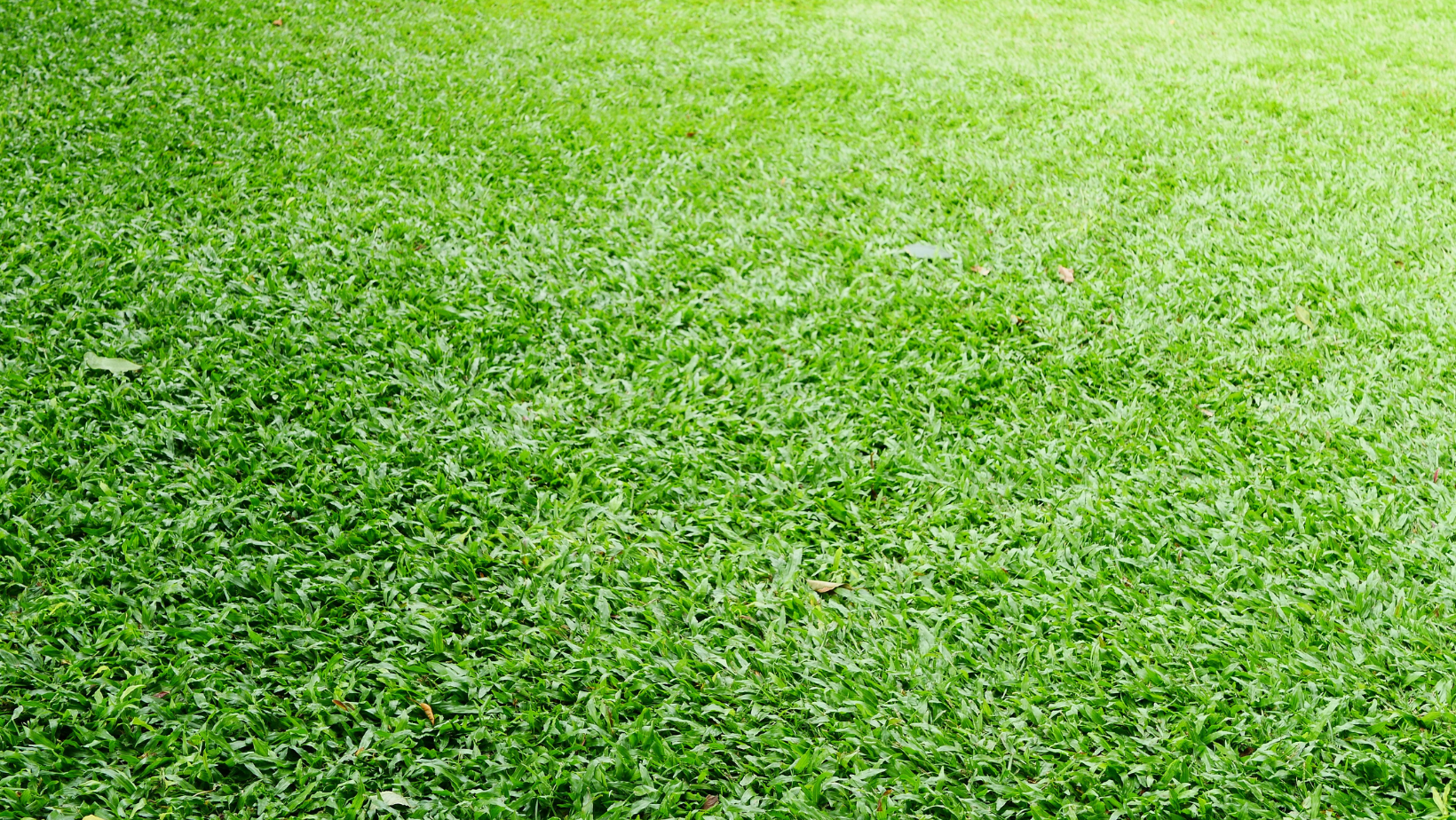
Carpetgrass
Read More: CarpetgrassCarpetgrass is recognized by the blunt rounded tips of its leaves, flat stolons and a tall seedstalk. It spreads by stolons and can be seeded or sprigged and thrives in areas with mild winters and hot, humid summers. Carpetgrass is well-suited for coastal areas and other regions with high levels of rainfall. Adapted to the…
-
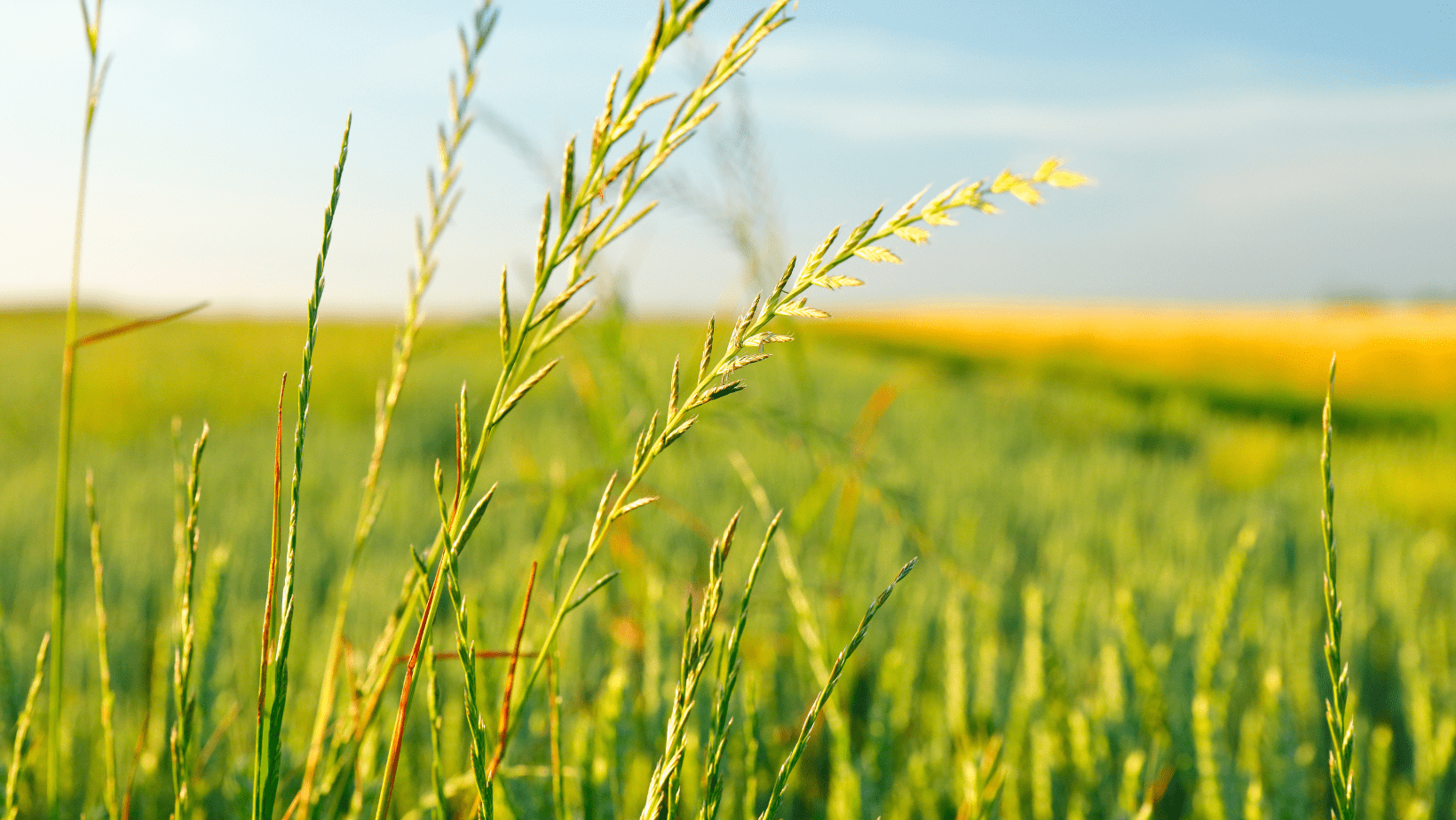
Ryegrass
Read More: RyegrassWidely used for lawns, pastures, and athletic fields, Ryegrass is a type of turfgrass. There are two main types of ryegrass: annual and perennial. Additionally, they prefer cool moist temperatures. Annual ryegrass is a fast-growing grass that germinates quickly and provides temporary cover for bare soil. Often used as a cover crop during the winter…
-
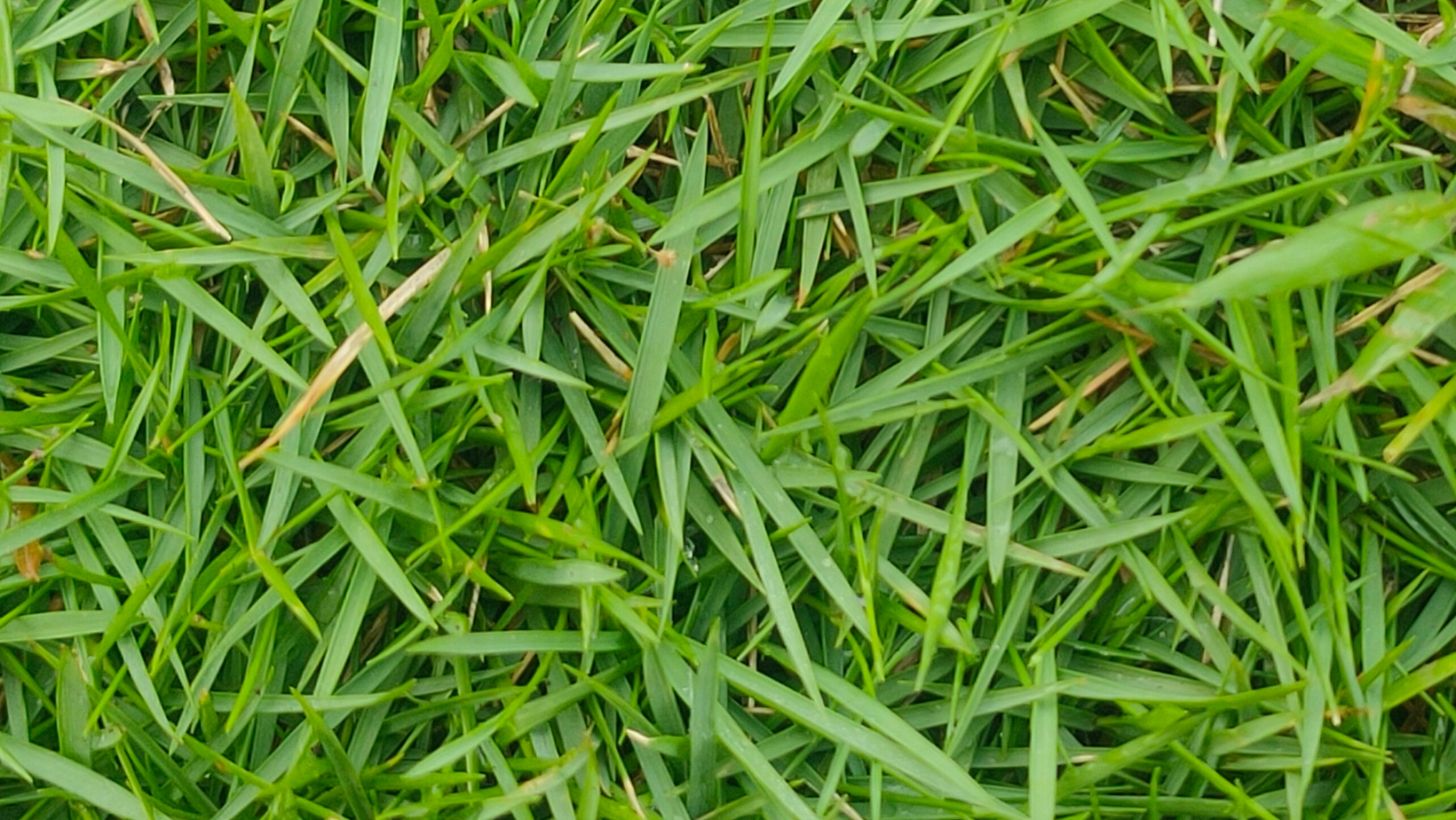
Zoysiagrass
Read More: ZoysiagrassZoysiagrass is a highly desirable grass option due to its durability, tolerance to heat and drought, and dense growth. Its ability to withstand heavy foot traffic makes it ideal for lawns and golf courses. Requiring less mowing, it has a low growth habit. Additionally, its dense root system helps it stay green during dry conditions…
-

Kentucky Bluegrass
Read More: Kentucky BluegrassKentucky bluegrass (Poa pratensis) is a popular cool-season grass species that is native to Europe and Northern Asia, and Morocco. Additionally, it is widely cultivated in Kentucky and other parts of North America. Vibrant green and fine-textured, it is know for its dense characteristics. Kentucky bluegrass is highly adaptable and can grow in a variety…
-
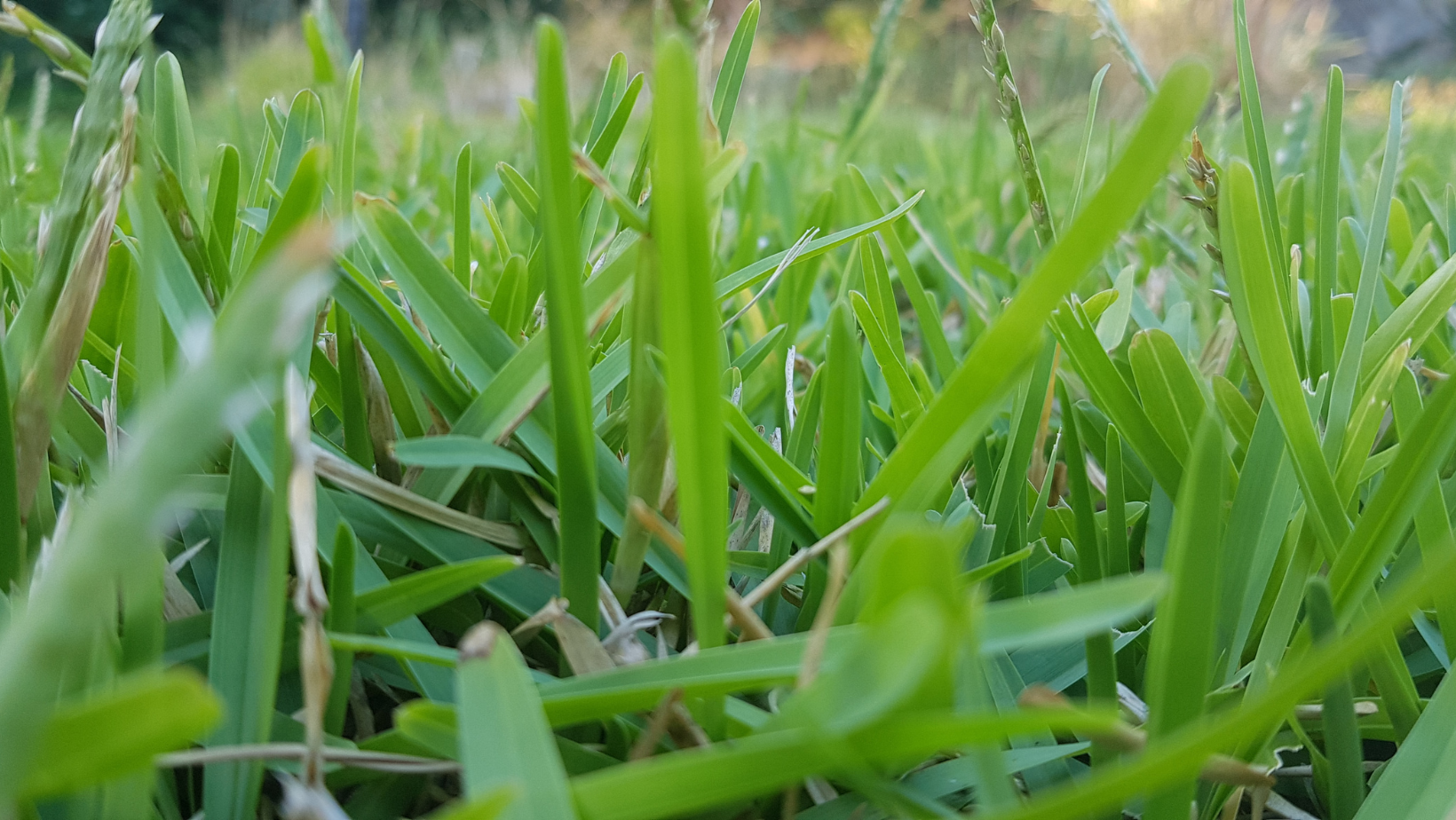
Buffalograss
Read More: BuffalograssBuffalograss (Bouteloua dactyloides) is a warm-season perennial grass native to prairies and plains in North America, such as Montana, Texas and Mexico. It is often used as a lawn grass because of its low maintenance requirements and drought tolerance. It prefers clay over sandy soils and can survive going months with no rain or water.…
-
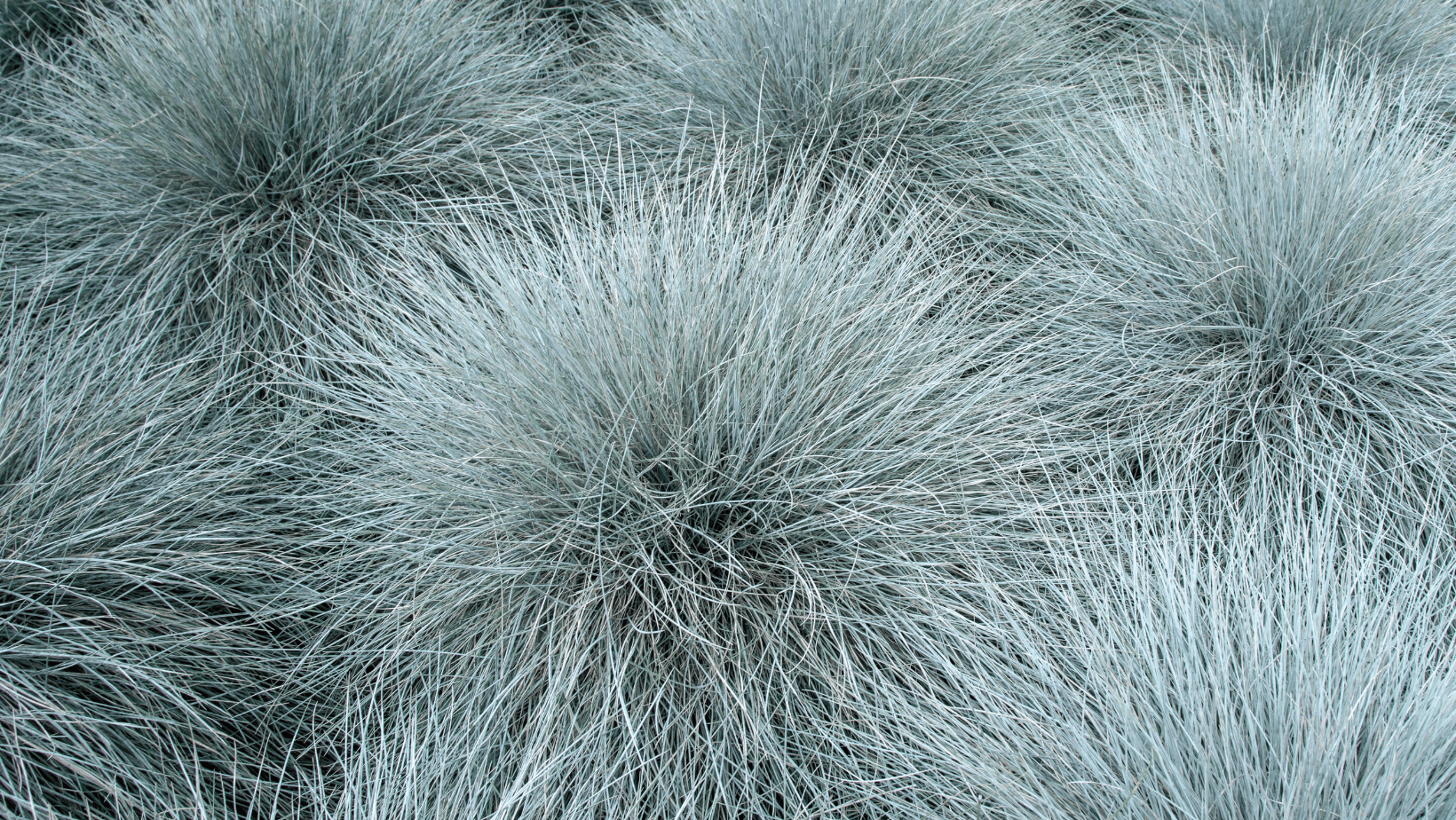
Fescue Grass
Read More: Fescue GrassFescue grass can be found throughout Europe, North Africa and North America. It grows best in moist areas and some fescue types require little sun. Fescue doesn’t spread by rhizomes or stolons. Furthermore, seeding is the only way to go with this turfgrass. It will grow on most any soil type. Commonly used in lawns…
-

Seashore Paspalum
Read More: Seashore PaspalumOften used for turfgrass in coastal regions, Seashore Paspalum, also known as Paspalum vaginatum, is a warm-season perennial turfgrass species. Due to its tolerance to saltwater and high salinity levels, it is commonly found in tropical and subtropical areas near the ocean. In the U.S. it is found along the coast of North Carolina southward…
-
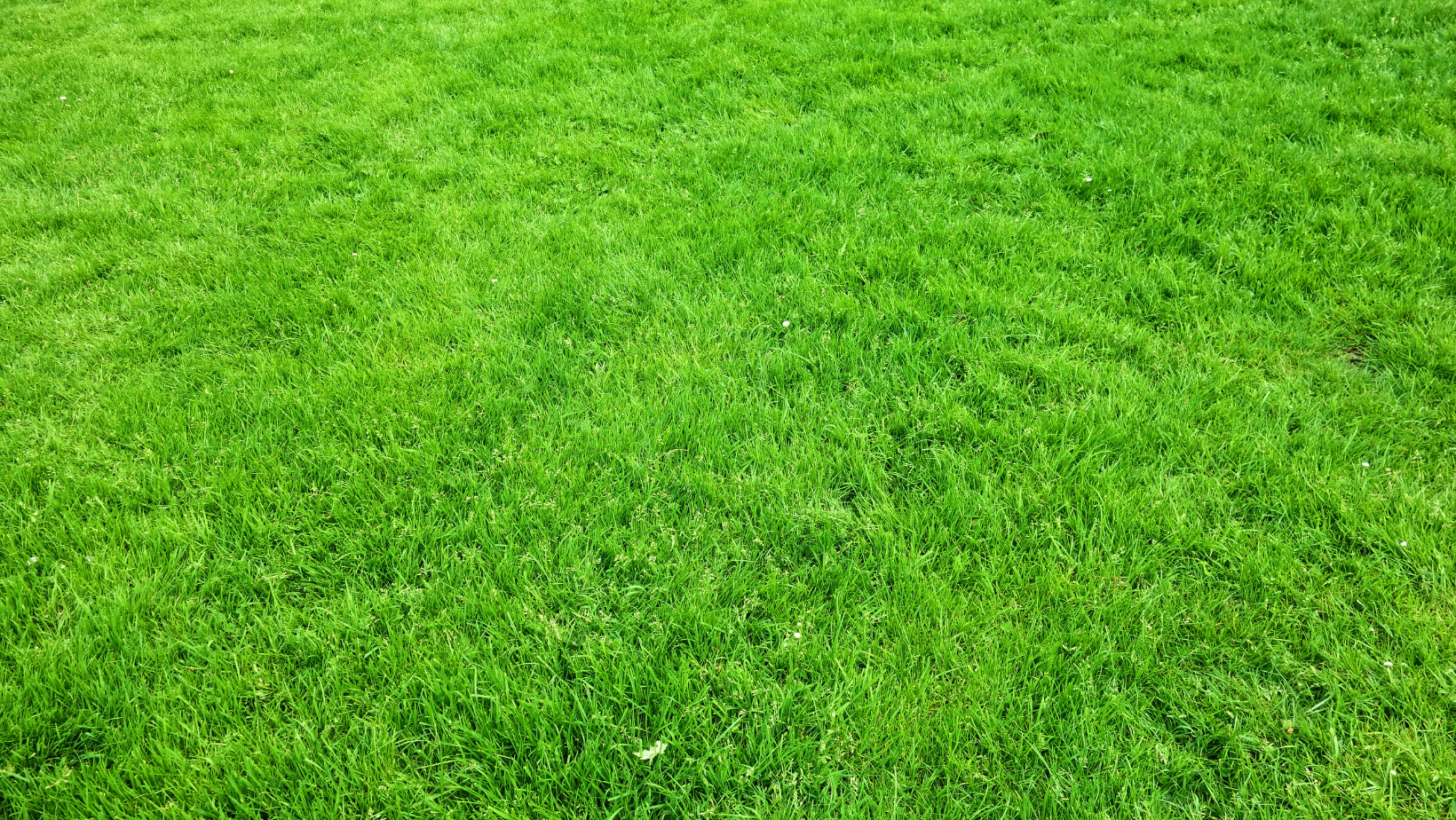
Centipedegrass
Read More: CentipedegrassCentipedegrass is native to Eastern Asia. Introduced to the U.S. in 1916, it became popular because of its low maintenance requirements. It is slightly more cold tolerant than St. Augustine but 0° temperatures can kill it. Common in the southeastern U.S., Centipedegrass aka Eremochloa ophiuroides is a warm-season grass. It is a low-growing grass that…
-
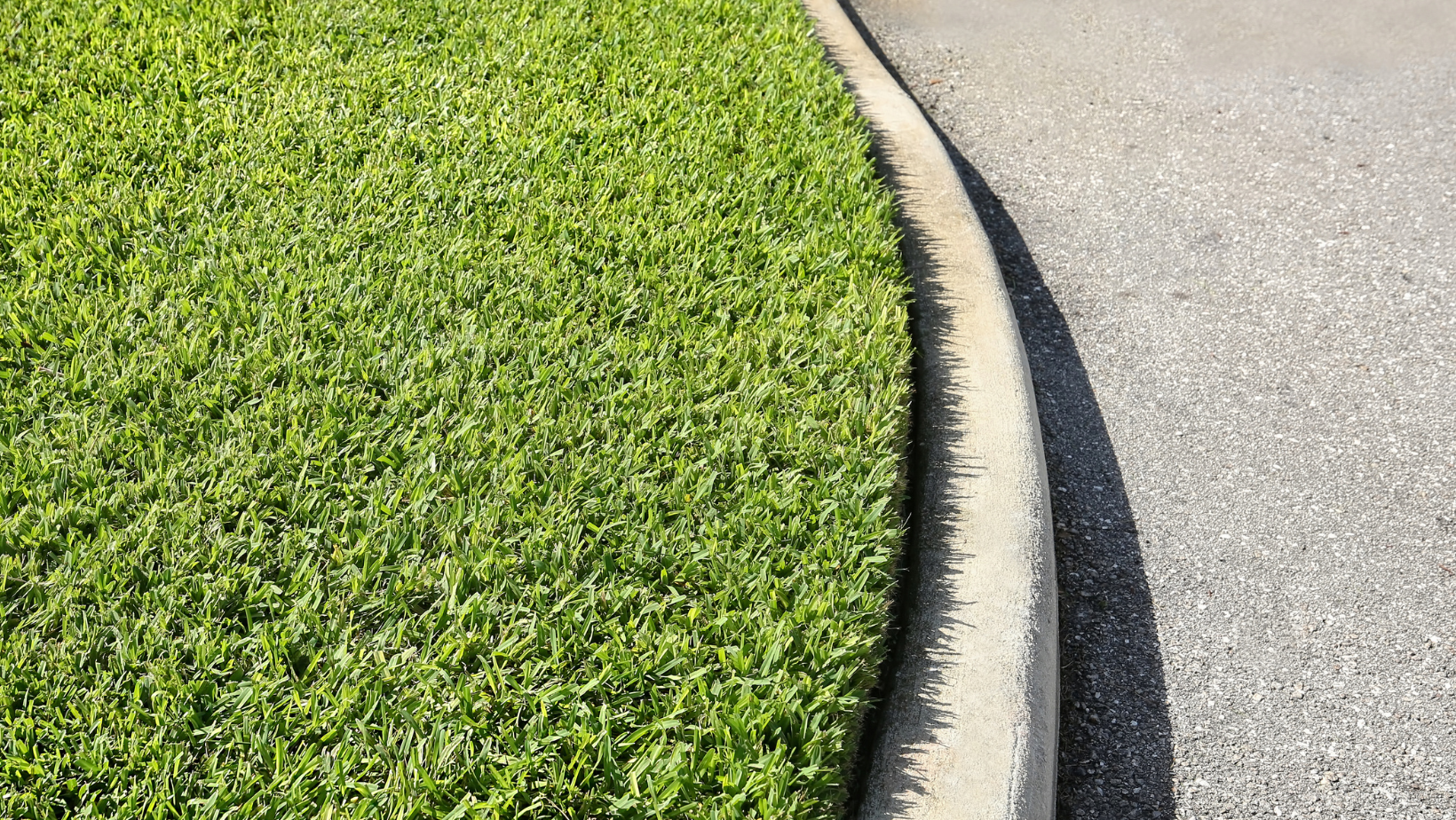
St. Augustine Turfgrass
Read More: St. Augustine TurfgrassU.S. Costal areas, Mexico, the Caribbean, Hawaii, Austrailia, South & West Africa, and South America are all known to use St. Augustine turfgrass. It is known for its thick, dense, lush growth, and attractive dark green color. St. Augustine is a go-to for coastal home owners in the U.S. It can survive in many soil…
-

Bermuda Grass
Read More: Bermuda GrassBermuda grass is a major turf species for lawns, parks, golf courses, athletic fields and general utility turf’s in Africa, Australia, India, South America and the Southern region of the United States. It is found in over 100 countries throughout the tropical and subtropical areas of the world. Common Bermuda (C. dactylon), naturalized throughout the…
-
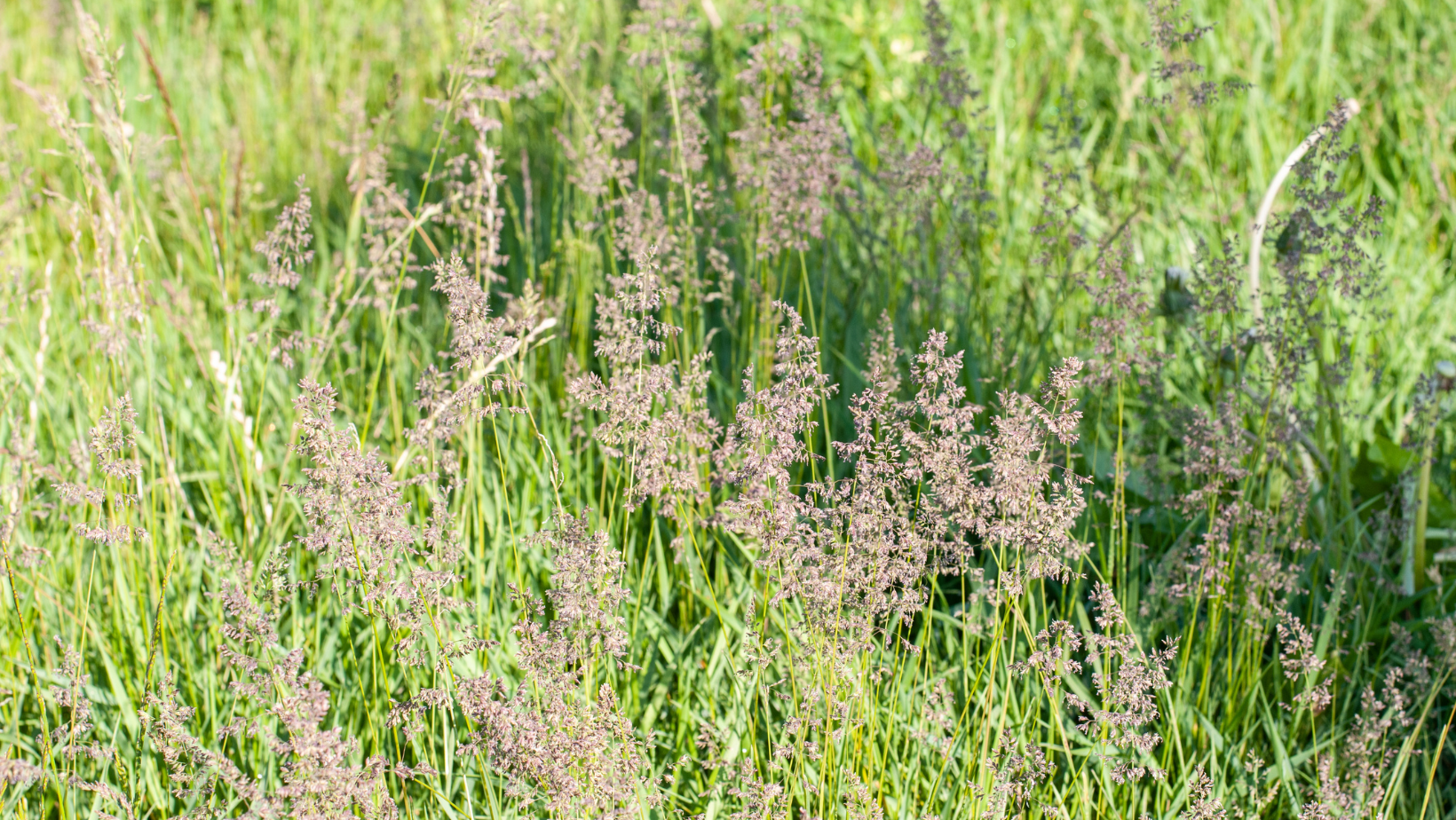
Bentgrass
Read More: BentgrassGrown only in the northern United Stated, Europe and Asia, Bentgrass is a durable and functional turfgrass. Additionally, prized for its aesthetic appeal, its dense growth and fine texture create a lush, velvety appearance. It adds beauty to golf courses, sports fields, and lawns. The deep green color of bentgrass is visually striking and enhances…
Search
Categories
Popular Posts
-
Redox Potential
Redox potential (Eh) and pH are two important factors that play significant roles in soil/plant/microorganism systems. They act as drivers, influencing various processes and interactions within these systems. This transdisciplinary overview aims to provide an integrated understanding of the relationships between redox potential, pH, and the functioning of soil/plant/microorganism systems. Thus, highlighting potential opportunities for…
-
Allotropes of Carbon – Graphite, Diamond, and Graphene
We think that The Organic Chemistry Tutor summed this up rather nicely. Enjoy!
-
Graphite vs. Carbon
A Diamond Is Forever – Graphite vs. Carbon Graphite and diamond are both crystalline forms of pure carbon. The permanence of the carbon bonds separate them from all other forms of carbon. Well documented, soil carbon is extremely important. Soil metagenomics illusidates the carbon function. Specific application to nitrification and dentrification has been used to…
